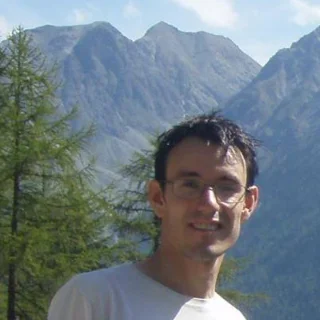My work focusses on investigating sedimentary records of rapid climate and environmental change from Earth's past, in order to better understand the potential future of a 21st century world that is increasingly threatened by rising CO2 levels and global temperatures. By using geochemical analyses of these rocks, I seek to establish how past global crises were marked by temperature fluctuations, extreme weather, ocean stagnation, and much more, over local and worldwide scales, as well as how volcanic emissions of carbon from deep in the Earth's interior helped cause these changes.
My work particulary specialises in geochemically fingerprinting huge volcanic eruptions associated with Large Igneous Provinces, using geochemical markers such as mercury concentrations (which I helped develope during my PhD) and osmium isotopes. These volcanic events were on a scale vastly greater than anything ever witnessed by humans, with individual lava flows spanning 10,000s km2, and the CO2 emissions from them frequently caused major global warming analogous to today, and sometimes severe mass extinctions of species. Knowing how the output of carbon from Earth's deep interior could interact with and disrupt surface carbon cycling is key to understanding the dynamic nature of interacting processes on our planet, from the deep mantle and core to the oceans, surface land, atmosphere and biosphere.
As well as revealing how they started, other techniques such as stable-isotope geochemistry, elemental enrichments, and metal-isotope compositions can also highlight the nature of climate and environmental change, and (most pertinently) show how they ultimately ended. This last is perhaps the most important for society today. By understanding how extreme warming events in Earth's past were alleviated, we give ourselves the best chance to mitigate modern-day anthropogenic climate change.
My specific interests include:
- Sedimentary geochemistry
- Palaeoclimate and palaeoenvironmental change
- Oceanic Anoxic Events
- Large Igneous Provinces
- Mass Extinctions
- Mercury as an environmental pollutant.
